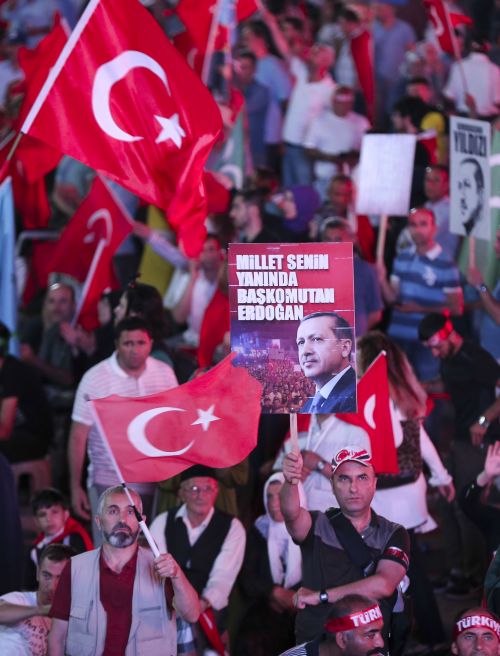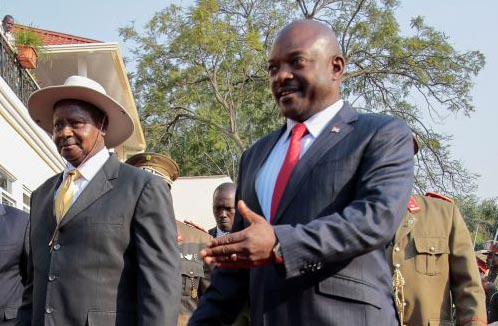Ugandan election blues
The elections were held on Thursday and few people were surprised that Museveni emerged as the winner. He had chosen the members of the election commission after all. Moreover, he is in control of the police and the armed forces. During the election campaign, members of youth a organisation intimidated opposition parties, but the official security forces appreciated such action. The organisation calls itself “Crime Preventers” and the police says that is what they are doing.
As the US administration, the EU has expressed worries too. EU observers state that the elections were held in an “intimidating” atmosphere and lacked transparency.
Facebook, Twitter and Whatsapp were shut down for the election. The government claims that people were planning to use these social media platforms to manipulate voters. That claim is obvious nonsense because democracy depends on the free exchange of views. Blocking social media makes exchange harder – and that is what the government wanted. It knows, of course, that digital services have helped citizens of many countries to monitor election results at polling stations and compile such data at a national level.
On Monday, Kizza Besigye, Museveni’s main challenger in the elections was detained by the police. It was his fourth arrest in ten days. He had not been allowed to campaign freely. Besigye’s supporters say that he was trying to gather evidence of electoral malpractices, but Museveni’s regime argues that he was preparing violent unrest.
This kind of trouble proves that Museveni’s legitimacy is much weaker than he claims. When elections are held in countries with stable democratic institutions, the winners see no need to arrest their opponents. Nor do they fear violent unrest. When a government feels it has to crack down on those who dissent, that shows that it is afraid. It may manage to stay in power, but it knows that it does not enjoy the trust of its people.
The bitter irony of Museveni’s unconvincing re-election is that he is supposed to play a leading role in brokering a peaceful solution in Burundi. That country is on the brink of civil war after President Pierre Nkurunziza staged a re-election that was unconstitutional and lacked credibility. The African Union regularly accepts this kind of events as valid. It is not doing its own credibility a favour – and it is contributing to future instability in many places.










